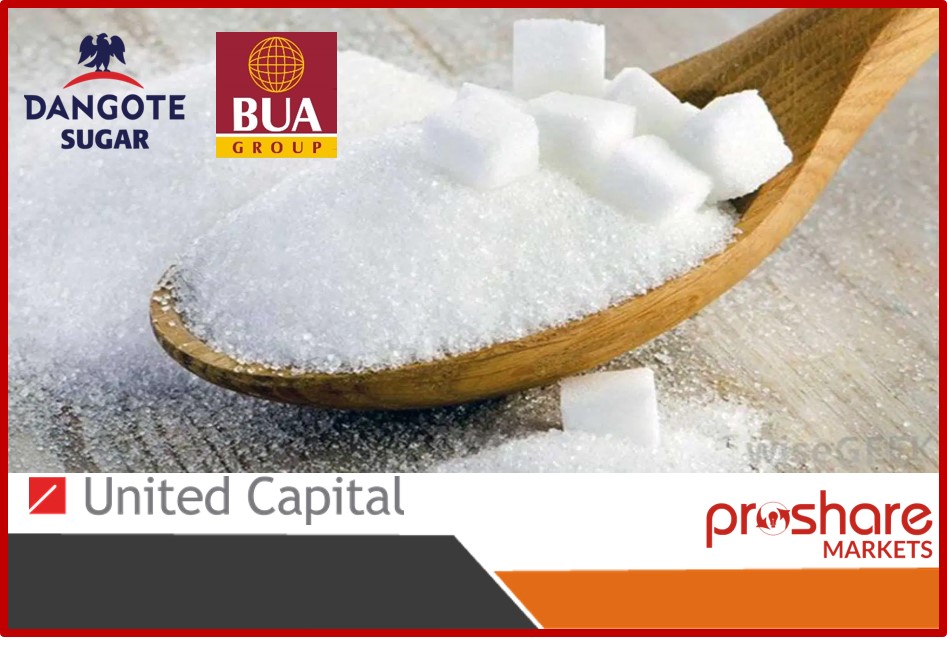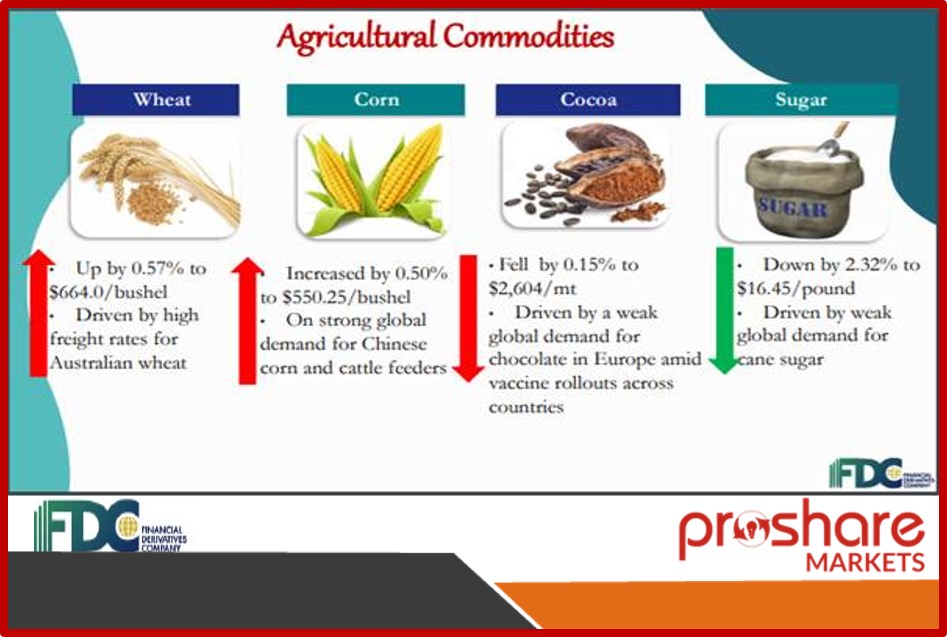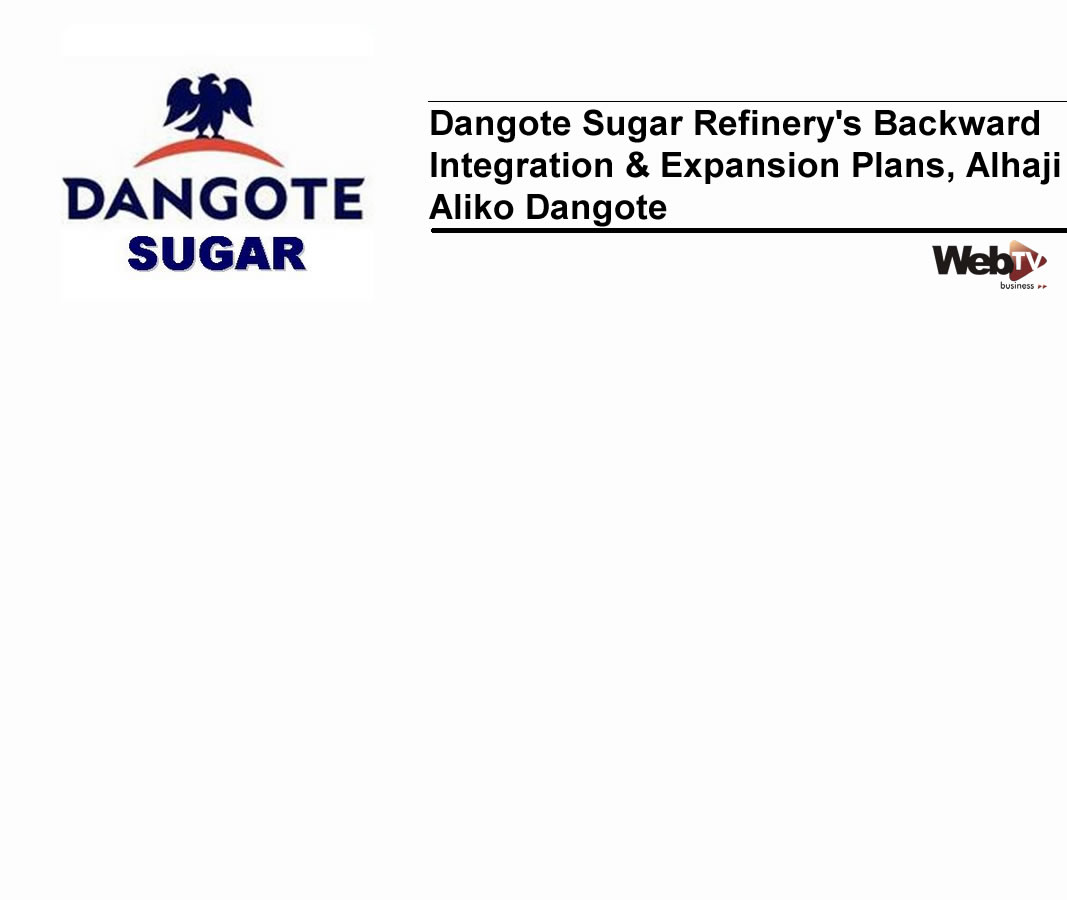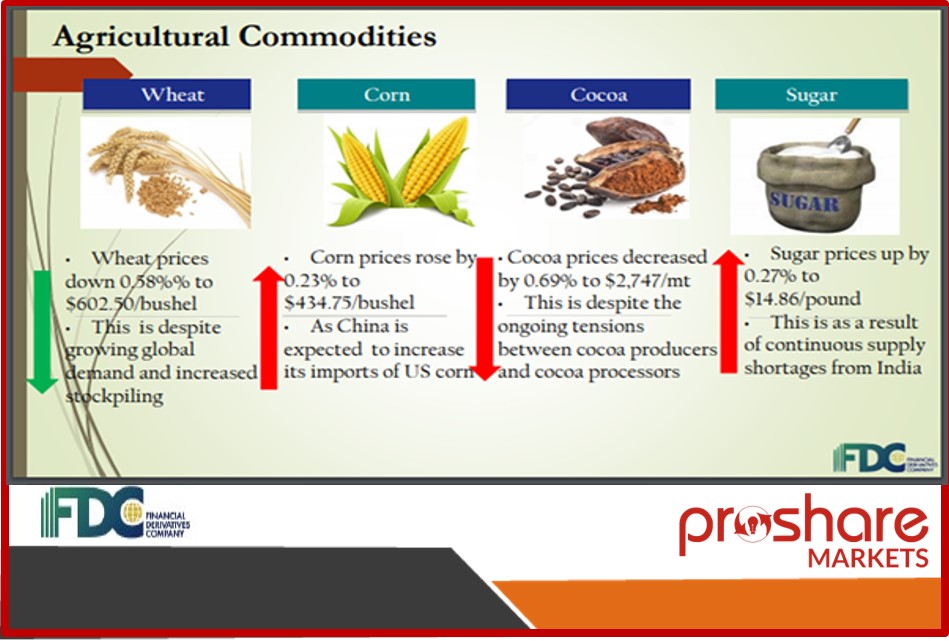Nigeria’s sugar masterplan has been in limbo over the last decade and nothing suggests a near-term improvement in the situation as operators and the government have remained comfortable with operating in the dark. No updates on the performance of key domestic sugar processors and the sugar plan have been made public.
The Nigerian Sugar Industry was first developed in 1960 to produce the required sugar needs of the country but has largely failed to live up to its billing as it only supplies about 2.8% of the nation’s sugar requirement. The National Sugar Development Council (NSDC) was mandated in 2008 to develop a roadmap detailing how the country could achieve self-sufficiency in sugar production in the shortest time possible. The council estimated consumption of about 1.7 million metric tonnes (MMT) by 2020. The council also recommended the establishment of 28 sugar factories while cultivating about 250,000 hectares of land for sugarcane production to meet the estimated consumption.
According to the NSDC, Nigeria currently has seven sugar companies: three Large-scale and four small-scale. The federal government began implementing a 10-year Sugar Master Plan designed to revive the sector in 2013. The first phase was expected to end in Q1 2023, while the second phase would run for another ten years from Q2 2023.
The sugar plan has suffered several hiccups. Sugar companies with large factories have engaged in a sugar war as they battle for market supremacy. Nonetheless, the industry has made small progress in production. Sugar production has recovered from its record low between 2011 and 2013, but it is yet to match consumption (see chart 1 below).
Chart 1:
Analysts have questioned the actualisation of the National Sugar Plan. The main concern is that the NSDC failed to properly monitor the compliance of sugar companies in the country to realise the Master Plan. This situation creates loopholes in the implementation of the plan and underscores the lack of commitment to implement the sugar policy. There are other concerns that some big players in the industry are taking advantage of the project for self-benefit by importing more, thereby sabotaging the Backward Integration Program (BIP). This account for the notable increase recorded in the volume and value of the country’s sugar importation (see chart 2 below).
Chart 2:
While sugar importation costs moderated significantly in the years leading up to 2018, the volume of sugar imported saw a relatively lower decline, supporting the concerns that certain players were benefiting from the loopholes in the sugar master plan. Despite the elevated import volumes, the industry continues to attract investments. The NSDC recently announced the inflow of US$3bn investment into the Nigerian sugar industry within the last 10 years.
Meanwhile, President Muhammadu Buhari recently inaugurated a US$72m irrigation intervention fund for operators in the BIP. The fund is designed to significantly improve the country’s performance on cane yields as well as reduce the negative impact of COVID-19 on the industry’s progress in achieving national self-sufficiency. The main operators in the industry include Dangote Sugar Refinery, BUA Sugar Refinery, and Golden Sugar Refinery.
With refining capacity reaching 3.5 million metric tonnes, according to the NSDC, deliberate efforts still need to be made to reduce sugarcane importation which is among the top 6 imported products in Q3 2022.
 Lagos, NG • GMT +1
Lagos, NG • GMT +1











 488 views
488 views

















 Sponsored Ad
Sponsored Ad
 Advertise with Us
Advertise with Us









